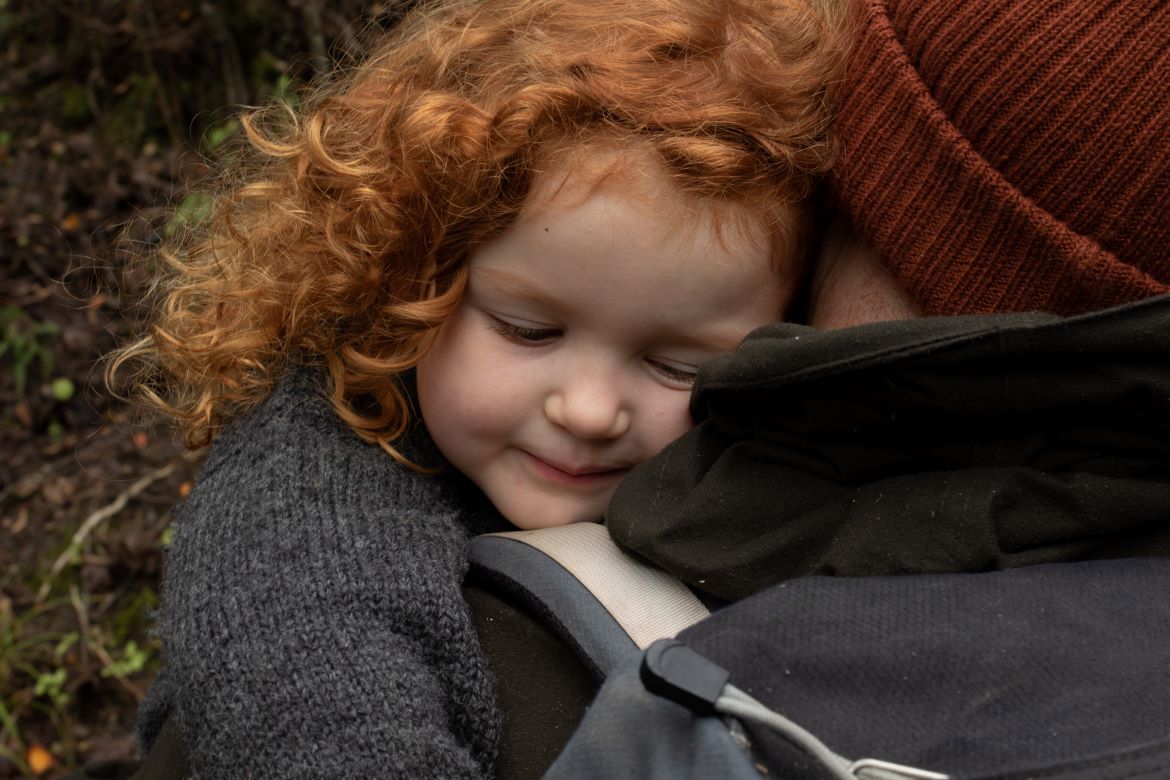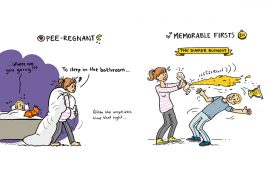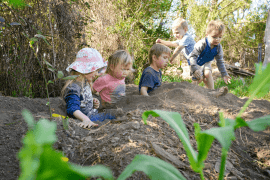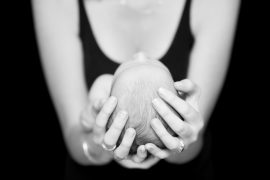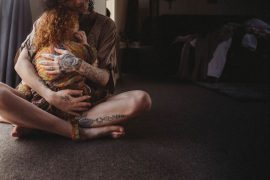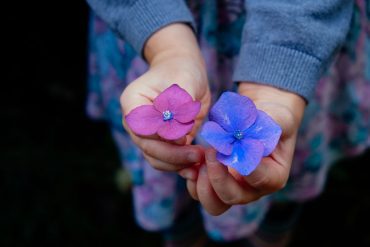By Jeremy Majid
This morning, my nearly four-year-old daughter committed the ultimate sin: she woke her baby brother up, on purpose. Why did she do it? Because I’d taught her to. She had seen a pattern in my behaviour often enough to start copying it. I’d taught her that when she hurts her brother, I would seek revenge by turning the TV off, taking her toy away or threatening not to do the fun activity we had planned for that afternoon. I’d taught her that when something makes you angry, you seek revenge. When she looked back at me with the dark brown eyes that she had inherited from me, I realised I was looking at more of myself than I cared to admit.
Our emotions drive our actions in incredibly powerful ways and have evolved over millions of years to enable the existence of our species today.
Our body’s response to the environment prepares us for action. When we are surprised, our eyebrows rise to let more light into our eyes so that we can scan for danger. When our children are in danger, our body is pumped with adrenaline and we immediately prioritise their safety. And, when anger takes over, we can think of nothing but revenge. Earlier species lived or died by these emotions, reacting like robots to whatever emotion was in charge at the time: hunger, fear, love or anger.
Anger, of course, does serve a purpose. Animals that evolved on islands free of predators become tame and have no fear or anger response to defend themselves when at some point predators do find them. These animals quickly exit the gene pool. But in modern human society, we can see how counterproductive anger is.
We are still suffering the effects of two world wars that occurred generations ago, and victims of crime who seek retribution find it does not dull their pain.
As humans, we are equipped with a full set of emotions as well as a modern brain overseeing the whole operation. However, through mindfulness meditation practice, I have seen how little of my actions I am in control of. When I’m walking past the cupboard, my brain reminds me that there’s chocolate in there. After I’ve heard this suggestion a few times, I eventually agree that, yes, eating some chocolate is a good idea. I used to think that I had decided to eat the chocolate, now I realise it’s more nuanced than that.

